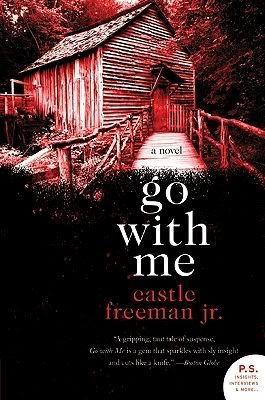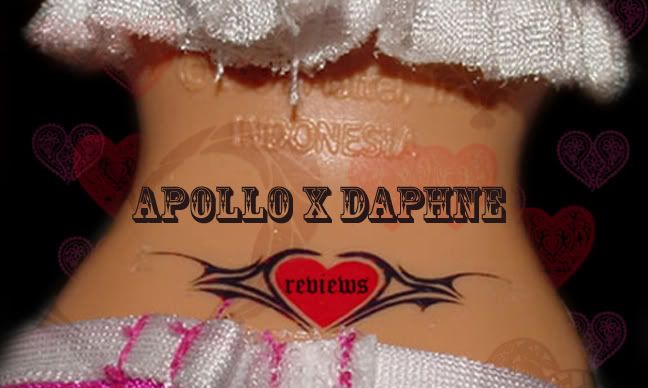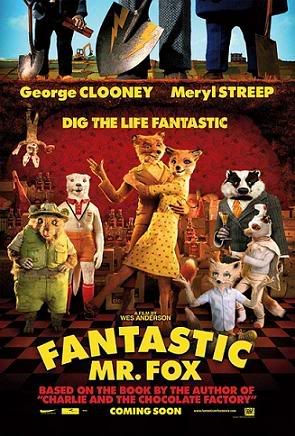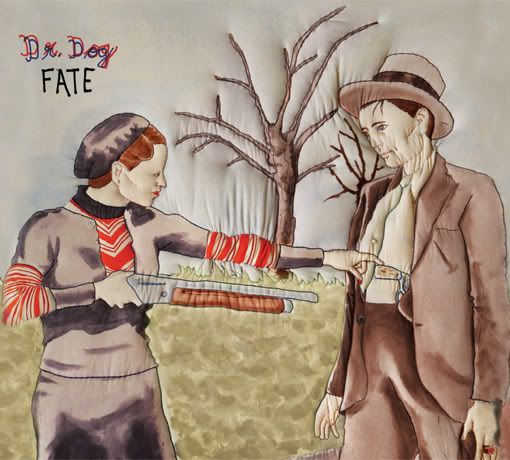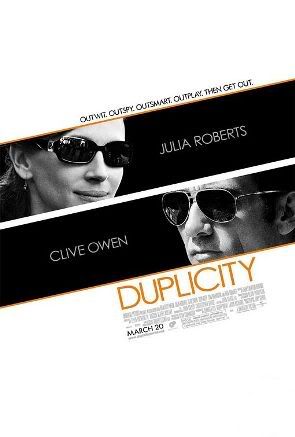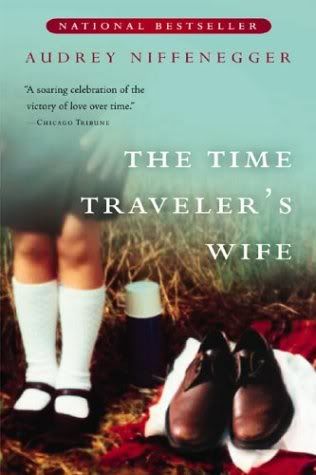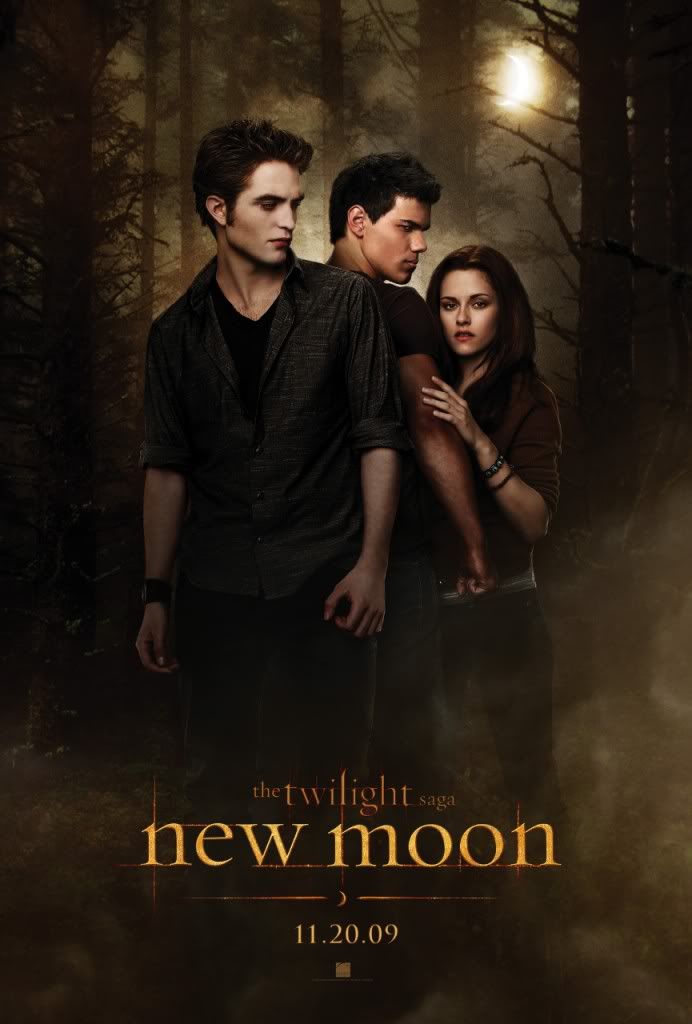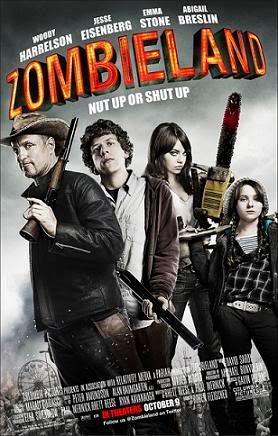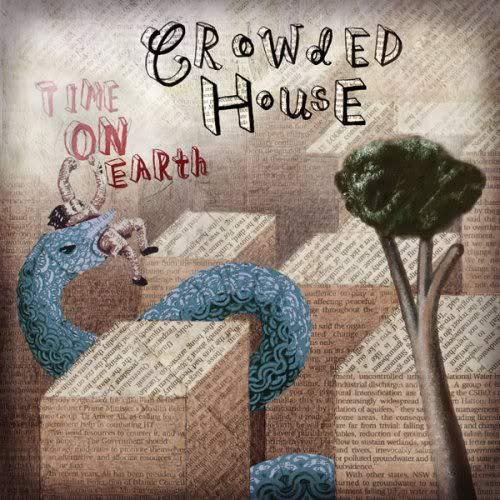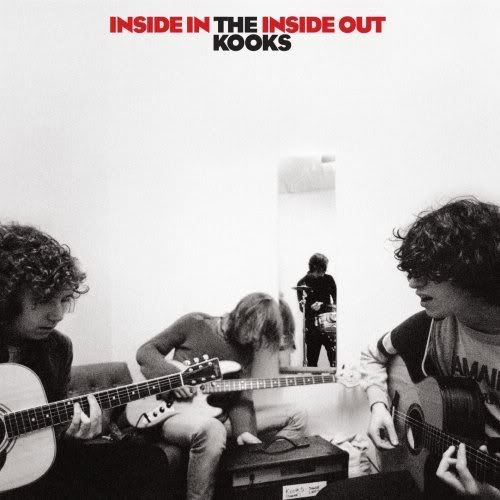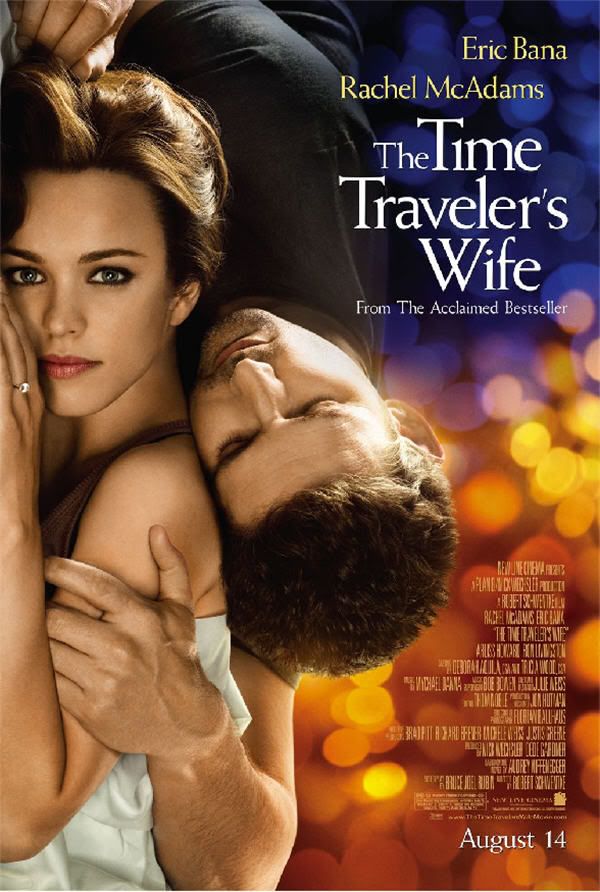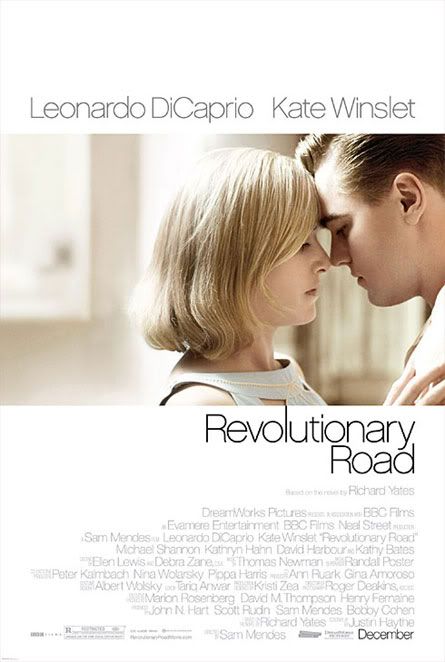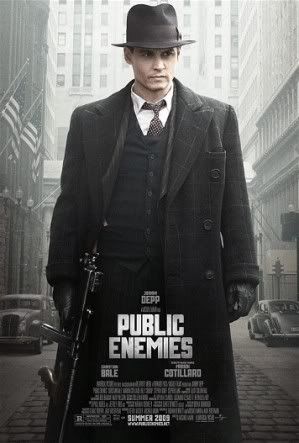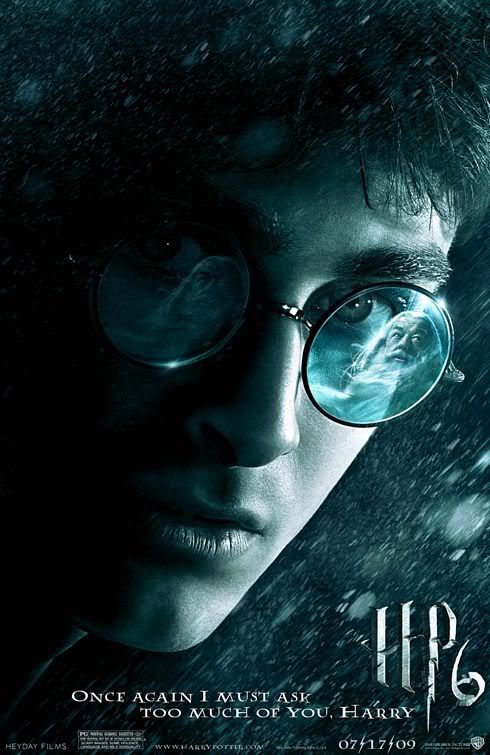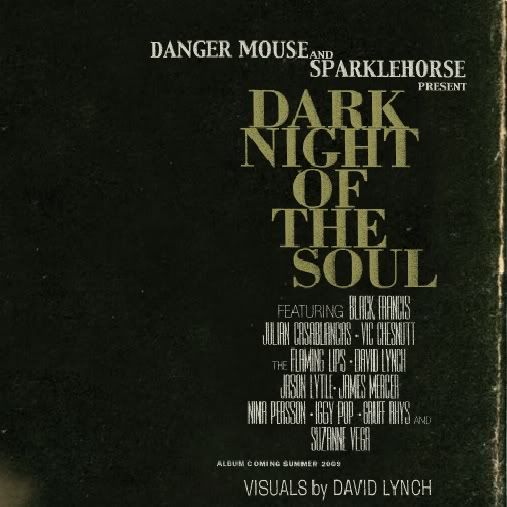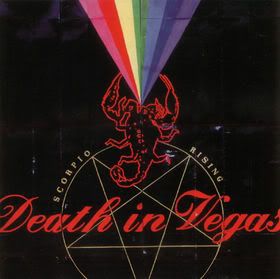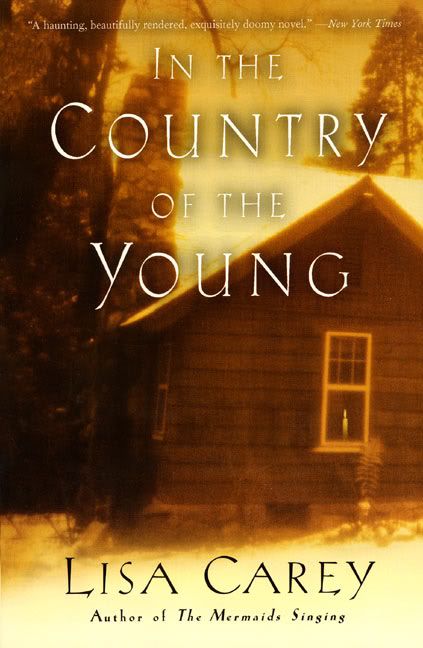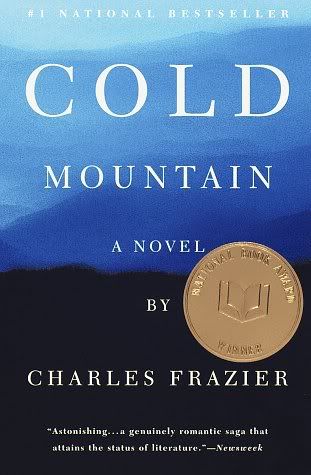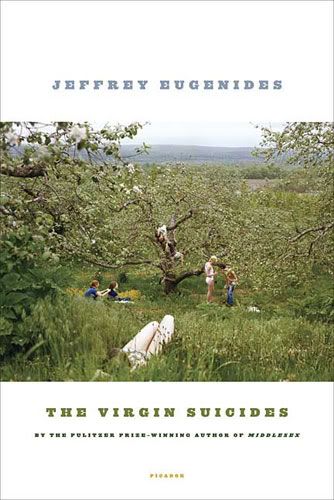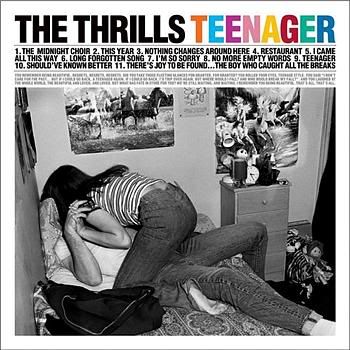
Well, it was tough this week because Dashboard's
The Shade of Poison Trees cover is very pleasing to the eye. But I think The Thrill's
Teenager cover is so classic, I couldn't resist. So there it is in all its honest, hormone-crazed glory.
1. "Modern Love"/David Bowie-Admittedly, I've never been a huge Bowie fan, but I've been listening to the
Adventureland soundtrack a lot lately. His glam rock is powerfully addictive and sort of commercial, while also being musically clever, respectable, and viable. He also incorporates jazz into his rock, evidenced by the saxophones. His lyrics are nonsensical, but somehow make sense. So what I'm saying is that he's essentially a walking, singing paradox. Yeah, I dig those.
2. "Ain't No Rest for the Wicked"/Cage the Elephant-Ah, thank you, something straight-forward. While Cage the Elephant betrays southern roots here with a little country and folk twang, this song is purely mesmerizing rock and roll. The saga-like story-telling lyrics are all folk, but the acoustic guitar hook is 100% clever, polished rock.
3. "Don't Dream It's Over"/Crowded House-Another gem from the
Adventureland soundtrack, Crowded House sounds like a band that was an '80's one-hit-wonder, though they actually went platinum in their native Australia for the release of their fifth album,
Time on Earth. The song is relaxed with an undeniably mellow, catchy hook, and a sort of melancholy main-stream appeal--like a pared-down, much shallower version of a Smiths song. Which doesn't make it any less good.
4. "The Midnight Choir"/The Thrills-
Teenager, Dublin rockers The Thrills' third album, signifies a break from their usual California-inspired classic surfer music love affair to more morose, carefully crafted alternative stuff. While the California guitars are still there, the vocals have become significantly more stylized. "The Midnight Choir" is surprisingly fast-paced for a song playing with nostalgic sadness, but the odd combination works in interesting ways.
5. "Gold Lion"/Yeah Yeah Yeahs-I'll be the first to admit I've never understood the buzz around the Yeah Yeah Yeahs. Perhaps with time my opinion will differ, but for now "Gold Lion" remains my favorite offering of their range of spare garage rock revival offerings. The rawness of Karen O's vocals and the meanness and simplicity of the guitars make the beat of the song easily accessible so that it becomes, almost against the listener's will, addictive.
6. "Our Lips Are Sealed"/The Go-Go's-Another band I'm not such a fan of, the Go-Go's are undeniably one of the quintessential bands of the '80's, and "Our Lips Are Sealed" makes it apparent why. Using clever and direct arrangement and instrumentation, the Go-Go's power-pop sound is well-honed and well-crafted for easy listening.
7. "Swollen Summer"/The Bravery-Okay, it's one of the dumbest songs ever from an album which is stunningly mediocre. But I still love it. I can't really justify it, except that those siren-like guitars and the lyrics "looks like a swollen summer/what if I'm getting dumber?" have wormed their way into my heart over the years. Hey, I'm allowed a guilty pleasure, aren't I? Besides, it's a perfect summer song to obnoxiously blare out the car windows.
8. "Moment"/Gran Bel Fisher-You have to at least give him credit for not singing about love, drugs, depression, or surfing. Instead, GBF sings about being in the moment, and music. So yeah, not terribly original, but not generic, either. This is pretty standard college rock, but it helps that his voice is smoky and rather sexy, and it has a nice southerny tinge to it.
9. "Diamond Hoo Ha Man"/Supergrass-Supergrass is kind of an interesting band; they're classified as alternative, though they kind of steal superficial genre styles from all over the place. Anyway, this strange gem is a catchy song about a thief...who is either personifying his diamonds in an extended metaphor ("I gotta get you in my suitcase"), or is a serial killer putting women in his suitcase after he "love[s] [them] all night long." What I was talking about with the superficiality is that though the guitars are unnaturally heavy and low in the song, the song itself isn't particularly weighty.
10. "Fever Dreams"/Dashboard Confessional-Ah, why can't you put out more delightfully compact pop songs like this, Dashboard? Why do you have to walk the fine line of emodome all the time? This is one of the rare Dashboard songs I actually like, probably because it stays on the acoustic side of things, Chris Carraba manages to sing mostly from the chest and not the nose, and the lyrics are sweet and honest.
-elln
